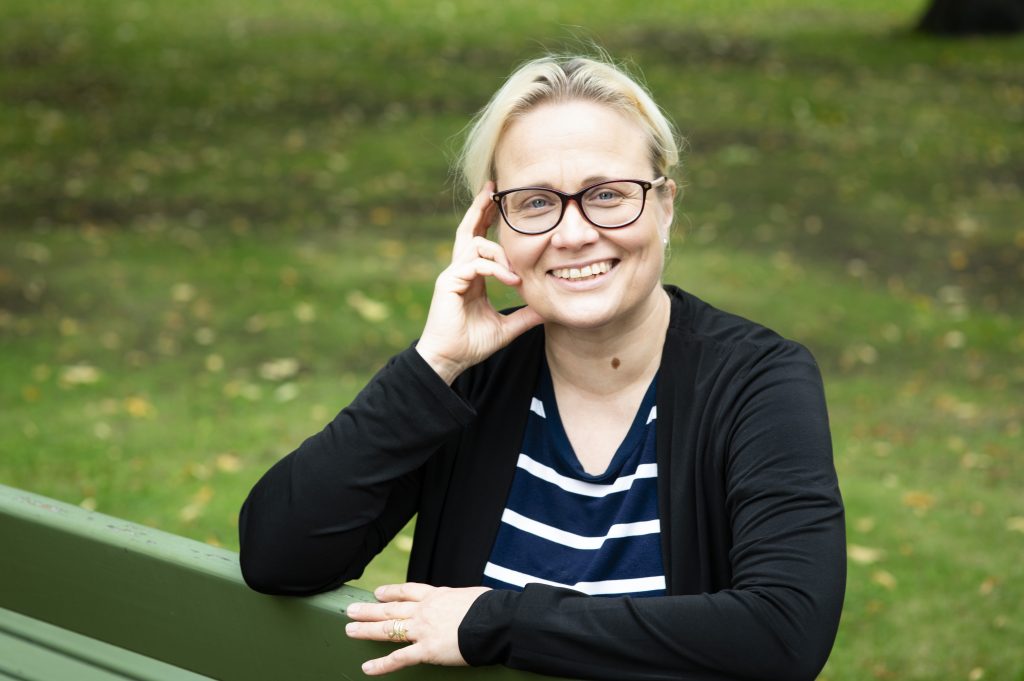Slavery in the Late Antique World: book co-edited by Dr Maijastina Kahlos
A book titled Slavery in the Late Antique World, 150 – 700 CE, co-edited by Dr Maijastina Kahlos, a Visiting Fellow of Clare Hall, has just been published. It investigates the ideological, moral, cultural, and symbolic aspects of slavery, as well as the living conditions of slaves in the Mediterranean world in Antiquity.

Late ancient slavery was a complex and polymorphous phenomenon, one that was conditioned by culture and geography. Using comparative and methodologically innovative approaches, the book questions established assumptions about late ancient slavery. It also enables fresh insights into one of humanity’s most tragic institutions.
Dr Kahlos comments:
Slavery in the Late Antique World, 150–700 CE has its origins in the seminar ‘Slavery in Late Antiquity’ held at the University of Helsinki in November 2016. The symposium exceeded our expectations, both intellectually and socially, and therefore, Kahlos, Chris de Wet and Ville Vuolanto decided to coedit this volume, with contributors to the symposium, along with other researchers of slavery.
In her own contribution, Dr Kahlos looks at how late Roman writers dealt with the enslavement of foreigners. (‘Foreigners’ here refer to non-Roman and non-Greek people, whom Greek and Roman writers conventionally called ‘barbarians’). The research on slavery in Late Antiquity forms part of Dr Kahlos’ current research project on migrants and host society in the late Roman world.
Dr Maijastina Kahlos is a docent (adjunct professor) of Latin language and Roman literature at the University of Helsinki. Her research interests broadly include migration and mobility in the ancient Mediterranean world in Late Antiquity, everyday life in Roman history, Graeco-Roman religions as well as the Christianisation of the late Roman Empire.